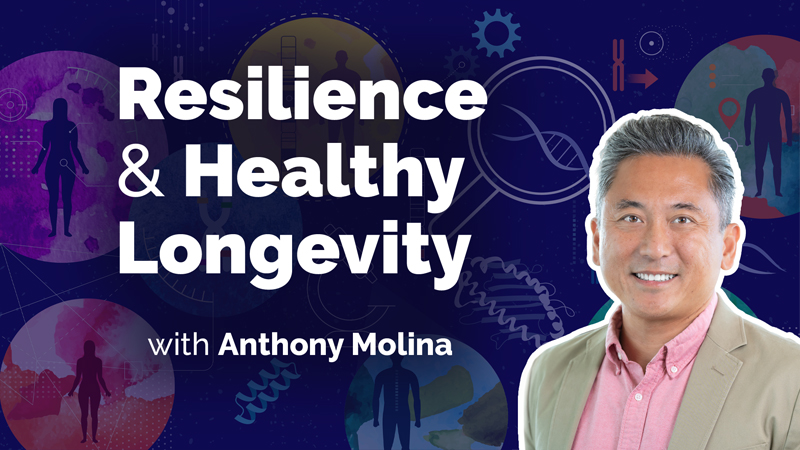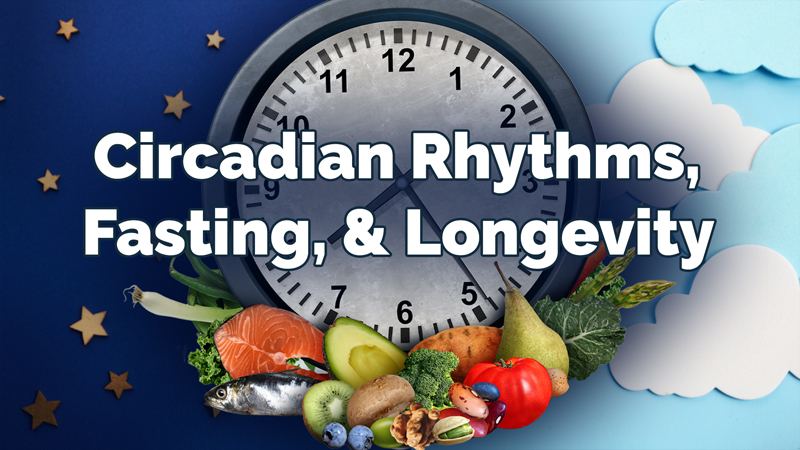-
Scripps Researchers Decode the Ocean’s Chemical Language
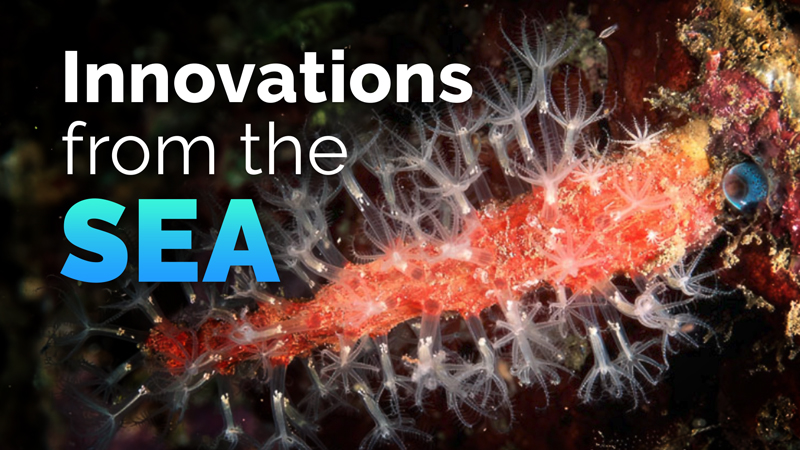
How do most organisms in the natural world communicate? According to researchers who study the ocean, it’s through the language of chemistry. At Scripps Institution of Oceanography, marine biologists Bradley Moore and Natalie Grayson explore how ocean life uses molecules as a kind of language—chemical cues that can shape what organisms do and how they…
-
How Espiritismo Carries Memory Across Generations
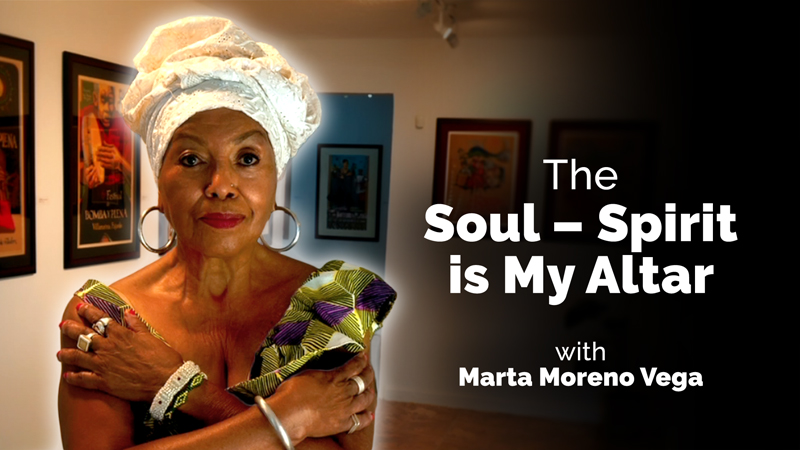
Espiritismo traces its roots to the sacred knowledge of West and Central African peoples, carried into the Americas by enslaved ancestors between the 15th and 19th centuries. Marta Moreno Vega, Ph.D., a scholar and co-founder of Corredor Afro, explores those roots and the traditions sustained from them. Moreno Vega follows Espiritismo across a wide geography:…
-
UCTV’s Most-Watched Programs of 2025
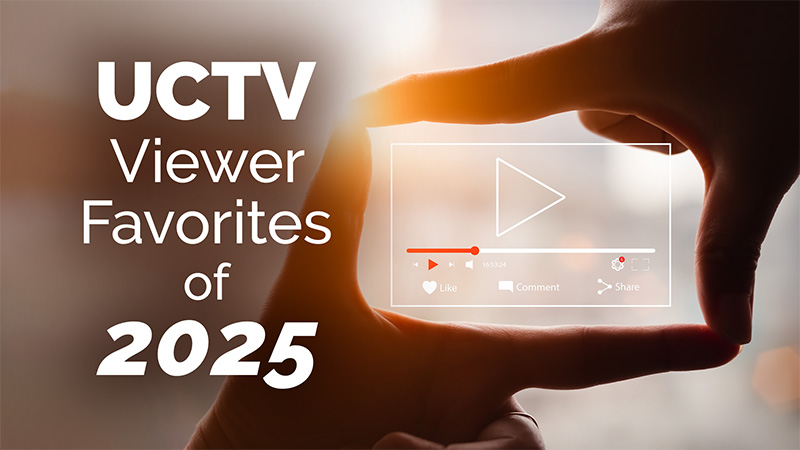
This year, audiences turned to UCTV for thoughtful conversations that helped make sense of a rapidly changing world—from advances in stem cell research, health, and aging to the social, biological, and political forces shaping our lives. Our most popular programs of 2025 reflect a strong appetite for evidence-based insight, interdisciplinary thinking, and ideas that connect…
-
Rewriting Our Story with Ancient DNA

Dramatic advances in ancient DNA technologies have revolutionized our understanding of the human past. Today, the genomes of more than 10,000 ancient humans have been sequenced. The new series from CARTA, Ancient DNA – New Revelations, explores the diverse applications of archaeogenomics in shaping not only a new vision of the human past, but also…
-
Tom Steyer on the Future of Energy
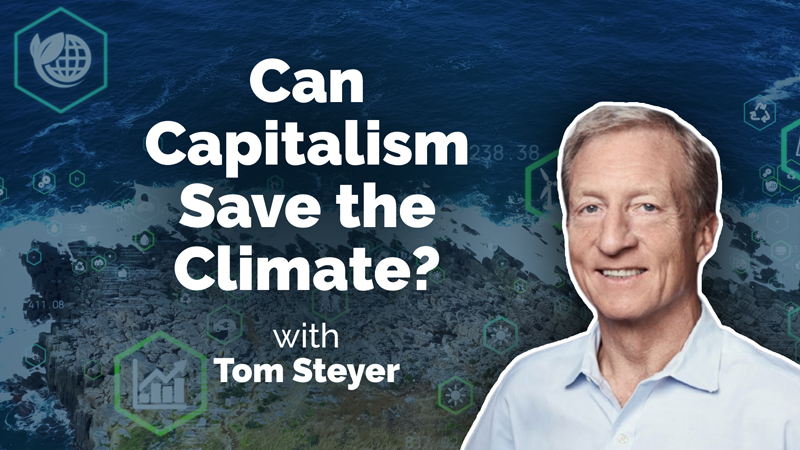
When climate investor and philanthropist Tom Steyer sat down with Scott Lewis of Voice of San Diego for the 2025 Charles David Keeling Memorial Lecture, one of the first things he talked about was a graph. Every morning, he checks the Keeling Curve, which he likens to “the Earth’s temperature,” comparing yesterday’s number with the…
-
From Flower to Flame: Paul J. Stankard at UC San Diego
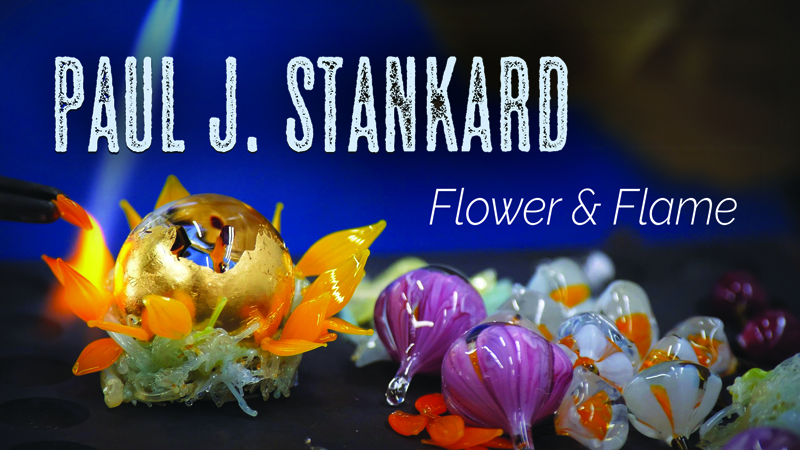
Internationally acclaimed glass paperweight artist Paul J. Stankard jokes that after 62 years behind a bench torch, he still feels as much interest and enthusiasm for the work as when he began. The new documentary Flower and Flame, celebrates Stankard’s work, wit, and wisdom. He describes inventing a new language by interpreting native flowers in…
-
Surviving Incivility: A BAM Guide to Rude People

If you feel like rudeness is everywhere, you are not imagining it. In this Osher Author Talk, host Henry DeVries interviews John O’Brien, psychologist and author of “Rudeness Rehab,” who describes a pandemic of incivility. O’Brien points to bad behavior cropping up across daily life, from workplace dynamics to public spaces and even clinical settings.…
